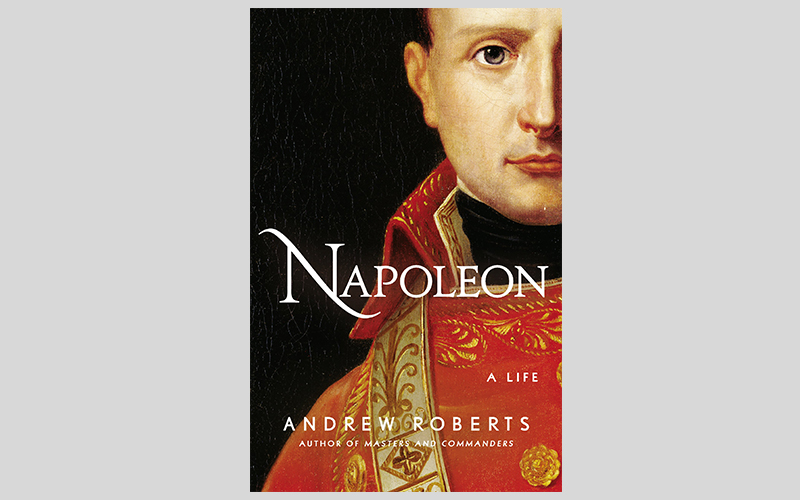Let me begin with a disclosure: Andrew Roberts is a good friend, and a member of the Intelligence Squared Advisory Council. He is a brilliant historian, but has been called a shameless name-dropper.
Thus, I am sure he wouldn’t mind my mentioning that at a dinner I hosted in honor of this book he more than held his own in debate with Henry Kissinger and Boris Johnson. His recent biography is titled Napoleon in America and Napoleon the Great in Britain. And therein lies the debate.
Roberts is unabashedly admiring of his subject. His Napoleon is a man of super-human vitality with extraordinary capacity to absorb and synthesize information, a genius at managing the smallest details and the biggest undertakings, , and an ambitious and highly strategic political leader. He credits Napoleon with salvaging from the chaos and terror following the French revolution “the ideas that underpin our modern world – meritocracy, equality before the law, property rights, religious toleration, modern secular education, sound finances, and so on.” He makes a strong case for Napoleon’s unrivaled gifts as a military leader, psychologically as an inspiration to his troops, organizationally in his emphasis on logistics and support, and tactically in his victories in the overwhelming majority of battles he fought.
The case against Napoleon’s greatness is has merit too. His disastrous invasion of Russia is exhibit number one. But he also picked arguably unnecessary fights with Spain, the Austrians, and the Prussians. Napoleon didn’t understand sea power, and it was the battle of Trafalgar that ultimately killed off French hopes of eclipsing the primacy of England as a global commercial power. His nepotism led to costly mistakes as he crowned his brothers in Naples, Spain, the Netherlands, and Westphalia. And following the Congress of Vienna in 1814, which initiated a century of peace and stability in Europe, France never recovered its former stature as the dominant continental power.
Which side of the debate would you vote for? Whatever your inclination, I expect you will vote that Roberts’ book is an impressive achievement, brilliantly written, and a delight to read.




